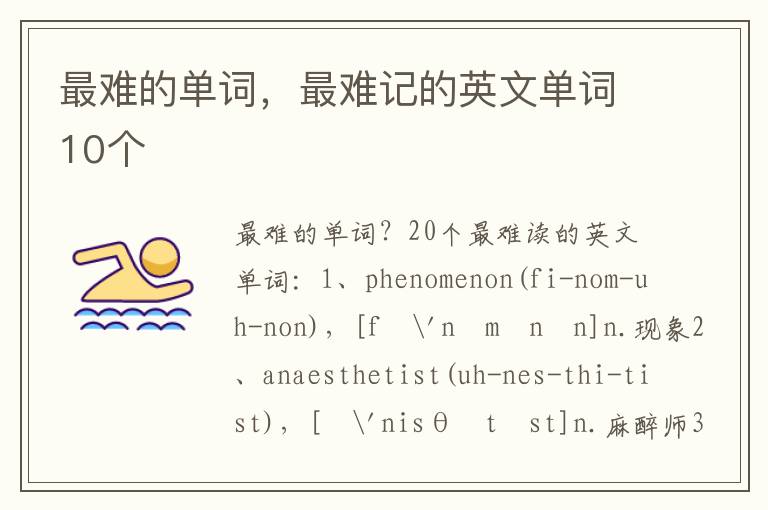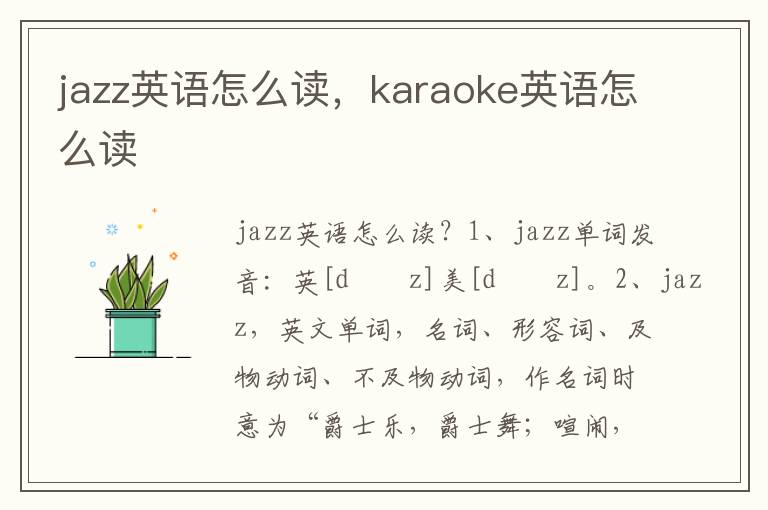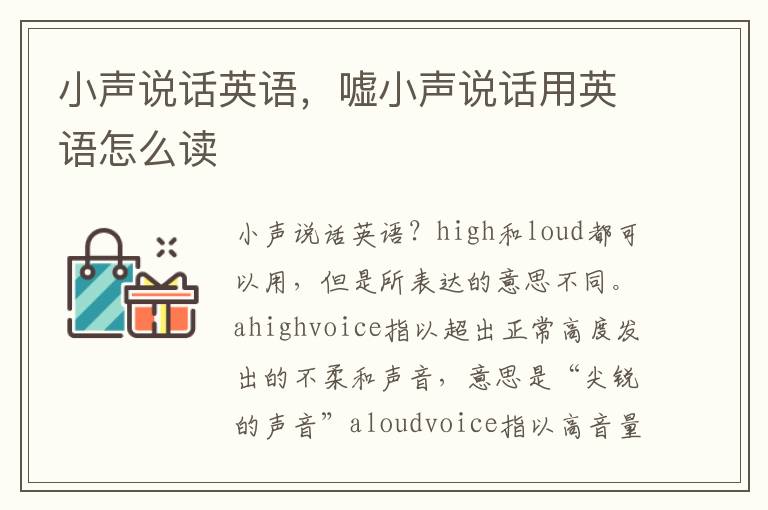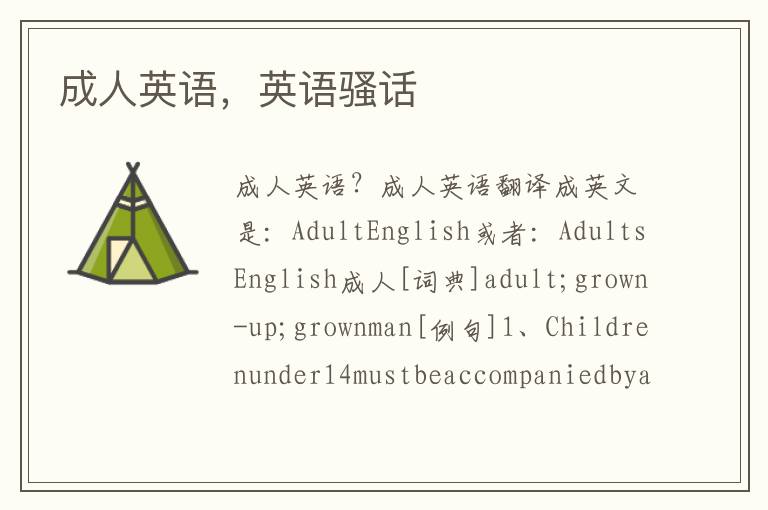【简介】感谢网友“雕龙文库”参与投稿,这里小编给大家分享一些[db:SEO标题],方便大家学习。
或存在的状态。
看"be going to"长得多魁梧呀,他由三个词组成。这三个词分开来都有自己的意思。但组合在一起,只表示"打算,将要"。其中"be"
妈妈会根据主语的人称变化派出孩子们"is,am,are"来完成任务。"to"是"不定式符号"。它有一个脾气,跟在它后面的动词必须是动词原形.
首先,我向你们展示我的几种句型。
一、陈述句(肯定句)
在肯定句中,小精灵的模样是:主语+be(am / is / are) + going to +动词原形+其它。如:
1、I am going to work hard this term.我打算这学期努力学习。
2、He is going to buy a new CD after school.我放学后要去买张新CD。
3、They are going to visit their teacher tommrow.他们明天要去看望他们的老师。
在否定句要在be的后面加not.不信你来瞧:
1、I am not going to play football after school.我不打算踢足球。
2、She is not going to watch TV this afternool.今天下午她不打算看电视。
3、We are not going to the cinema at night.我们今晚不看电影。
二、一般疑问句
这时候,小精灵模样是:Be(am is are)+主语+going to+动词原形+其它,如:
1、 Are you going to read books tonight? -Yes, I am. -No, I am not.
2、Is he going to buy a comic book this morning?-Yes, he is.-No, he is not.
三、特殊疑问句
疑问词+be(am is are)+主语+ going to+动词原形+其它,如:
1、What is she going to do this evening?
She is going to visit her grandparents.
2、What are they going to do tomorrow?
They are going to play football.
其次,和他出现的朋友还有以下特征:this morning, this afternoon, this evening, at night, tomorrow, this weekend, next week,
soon等表示将来时间的词语。
还有,我有时会偷懒的,如表示你将要去哪儿的句子时:
I am going to the park this morning.
Where are you going this weekend?
Hi,大家好!今天向你们介绍一位爱展望未来的小精灵be going to。他呀,出生在"一般将来时"家族里。表示将来某个时间将要发生的动作或存在的状态。
看"be going to"长得多魁梧呀,他由三个词组成。这三个词分开来都有自己的意思。但组合在一起,只表示"打算,将要"。其中"be"
妈妈会根据主语的人称变化派出孩子们"is,am,are"来完成任务。"to"是"不定式符号"。它有一个脾气,跟在它后面的动词必须是动词原形.
首先,我向你们展示我的几种句型。
一、陈述句(肯定句)
在肯定句中,小精灵的模样是:主语+be(am / is / are) + going to +动词原形+其它。如:
1、I am going to work hard this term.我打算这学期努力学习。
2、He is going to buy a new CD after school.我放学后要去买张新CD。
3、They are going to visit their teacher tommrow.他们明天要去看望他们的老师。
在否定句要在be的后面加not.不信你来瞧:
1、I am not going to play football after school.我不打算踢足球。
2、She is not going to watch TV this afternool.今天下午她不打算看电视。
3、We are not going to the cinema at night.我们今晚不看电影。
二、一般疑问句
这时候,小精灵模样是:Be(am is are)+主语+going to+动词原形+其它,如:
1、 Are you going to read books tonight? -Yes, I am. -No, I am not.
2、Is he going to buy a comic book this morning?-Yes, he is.-No, he is not.
三、特殊疑问句
疑问词+be(am is are)+主语+ going to+动词原形+其它,如:
1、What is she going to do this evening?
She is going to visit her grandparents.
2、What are they going to do tomorrow?
They are going to play football.
其次,和他出现的朋友还有以下特征:this morning, this afternoon, this evening, at night, tomorrow, this weekend, next week,
soon等表示将来时间的词语。
还有,我有时会偷懒的,如表示你将要去哪儿的句子时:
I am going to the park this morning.
Where are you going this weekend?









